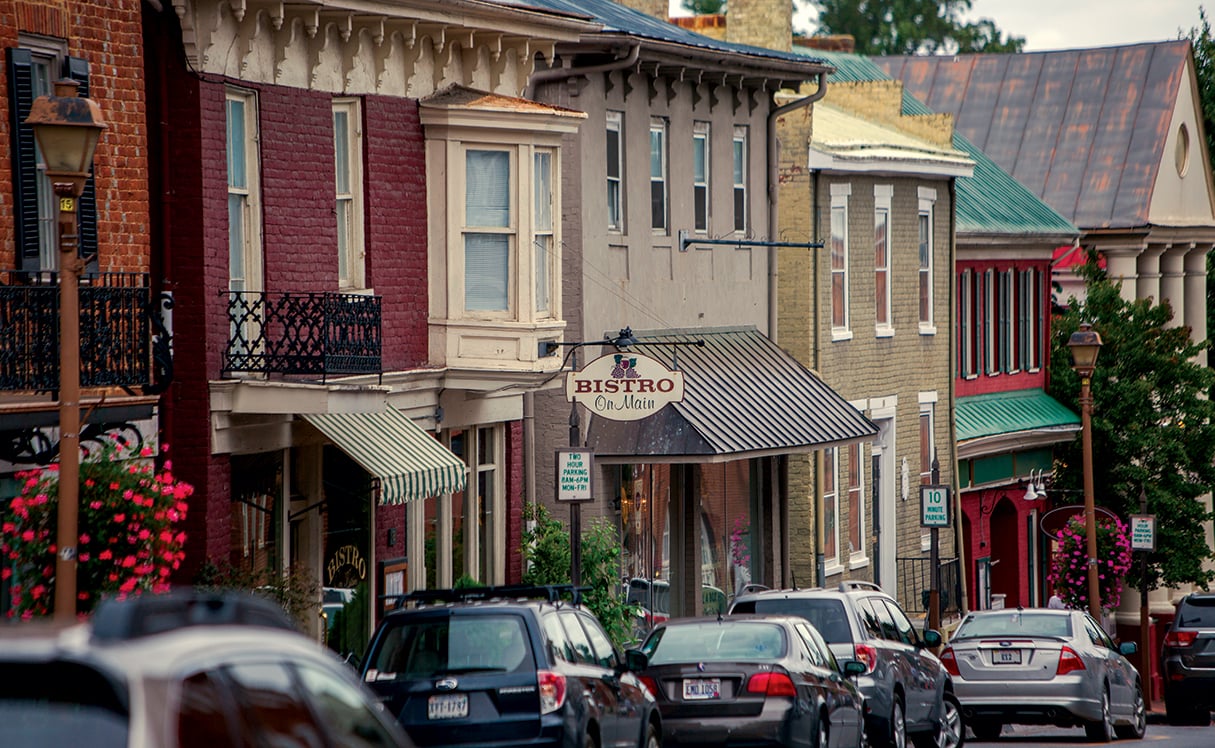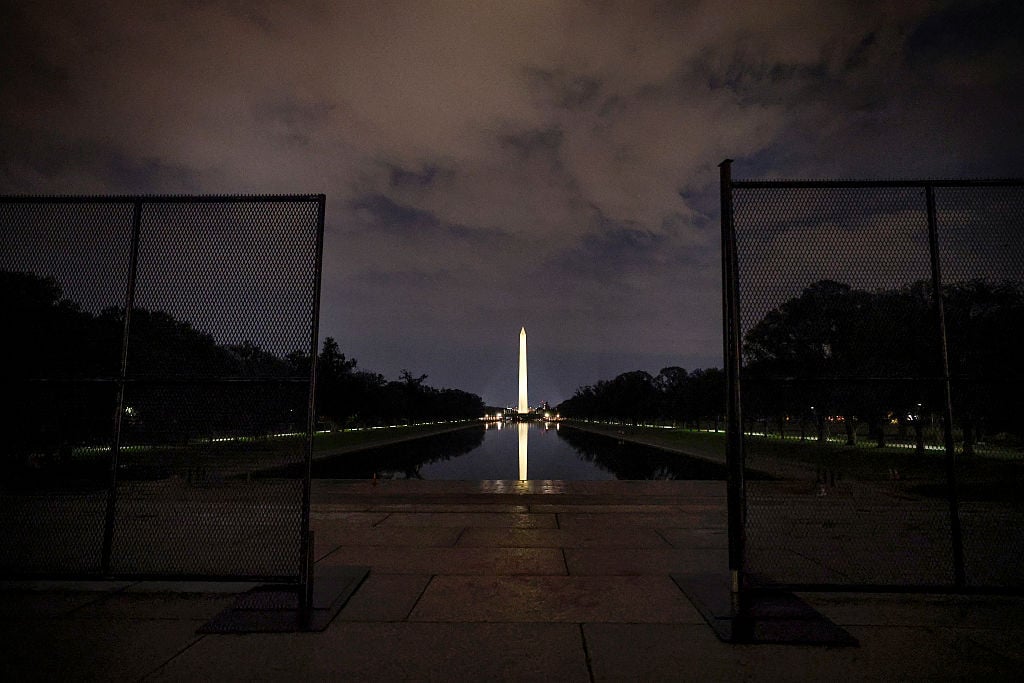Although New Jersey Governor Chris Christie can’t draw much attention to his foundering campaign for the Republican Party’s 2016 presidential nomination, he can still get headlines for his loudmouth antics. His latest: being asked to leave the quiet car on a Trenton-bound Amtrak train on Sunday morning.
Christie, according to reports, was asked to leave the rolling sanctuary for another car after he was heard yelling into his phone and at his security detail.
Most regular passengers of the Northeast Regional or Acela Express would agree the conductor who asked Christie to move out of the quiet car did the right thing. But there are some who differ, even after a Christie spokesman brazenly called the quiet car “notorious.”
“Never have I related more to any statement by a candidate,” writes the Washington Post‘s Alexandra Petri in a piece maligning Amtrak passengers who try to preserve the quiet car as “petty tyrants.” Petri continues:
I realize I am on the quiet car only when one of the Enforcers on board (there is another word that we could use for them, but I am showing them more mercy than they show me) hovers at my elbow and whispers, in the most self-righteous tone any statement has been uttered by a human being, “This is the quiet car.”
This assessment of the quiet car is flagrantly incorrect. In fact, it takes much less than a stern, prodding whisper to alert a noisy passenger that he or she is riding in silence, and that enforcement is only necessary upon those who casually and wilfully break one of the car’s few, simple rules.
I should know, because I have been one of these enforcers, as recently as Sunday night.
The quiet car only has three rules, all of which are appealing in this overly stimulated era:
- Keep conversations to subdued tones.
- Phone calls are not allowed.
- All portable electronic devices must be used with headphones with the volume low enough so as not to disturb other passengers.
“I ride in the quiet car because I either want to sleep, read or get work done,” Marketplace Weekend host Lizzie O’Leary, a fellow partisan, writes in an email. “I tend to travel alone. If I’m with someone else, I will not ride in the quiet car, because that would be discourteous to the other people in the QC and the social contract thereof.” (O’Leary shared a fuller defense of the quiet car in a debate with the Washington Post‘s noise-loving Chris Cillizza.)
This is not a heavyhanded bureaucratic code, just a simple rubric designed to increase the odds of a pleasant train ride. It is meant to gently, but directly, suggest to obvious noisemakers that they sit elsewhere—large groups of travelers, businesspeople who have to jump on that important conference call, families with small children, loud governors. And there are plenty of other places to sit on the train! A typical Northeast Regional train is composed of an engine, a business-class car, the quiet car, one regular coach car, the café car, and at least four more coach cars. Of the eight cars, only one—just 12.5 percent of the train—is dedicated to quietude.
But sometimes written rules, even if they’re posted on signs that hang from the ceiling up and down the car, are not enough to preserve the piece. Petri claims no truck with the quiet car “as an institution,” but she begrudges those who enforce the rules, writing that they “would have been at home during the Spanish Inquisition.”
This is nonsense. People strapped to torture racks would make too much noise for the quiet car. But sometimes a rule-abiding passenger must step up.
On Sunday night, for instance, I boarded a Northeast Regional at New York Penn Station, headed for the quiet car, and sat down next to someone who had boarded before me. The train departed at 8:01 PM, quiet car full people placidly reading, watching movies, or nodding off. After the train cleared the tunnel beneath the Hudson River to New Jersey, my seatmate pulled out his phone and started texting someone. That was fine, though—his phone made no clicking sounds and texting is not an imposition on other passengers.
But then this gelled-hair bro’s phone began to ring. If my phone rings and I’m seated in the quiet car, I decline the call, get up, walk to another part of the train, and return the call. This guy, though, answered the call, and proceeded to have an extended conversation with—judging from the occasional replies of “Ooh,” “That’s so hot,” and “That’s sexy”—a significant other.
Perhaps I should have pushed harder, but just as there are written rules establishing the quiet car, there is an unwritten code for dealing with a violator:
- A polite cough to get the person’s attention, followed by a stern nod to the signs alerting riders that they are in the quiet car.
- If that doesn’t work, shush the person, however obnoxious that maneuver may seem.
- Next, interrupt the yakker to remind them that they are in the quiet car and that they need to end the call, no matter how hot and sexy the person on the other end is.
- If all else fails, get the conductor, who should carry some uniformed authority.
The guy last night was silenced by the conductor, but claimed to not have any clue he had been seated in the quiet car. “There are signs, man,” I said to him, sotto voce.
In a possible stroke of cosmic alignment with Christie, this rude person got off the train in Trenton. The New Jersey capital’s slogan is “Trenton makes and the world takes.” After yesterday, we now know it is obnoxious train passengers that are made, but the remainder of the ride to Union Station was quiet and calm.
Rabblerousers like Petri might see this episode as the imposition of a Guilty Remnant-style gulag, but it played out like a calm, self-governing society. Constant cell-phone use intrudes on so many public spaces already—restaurant meals, movie theaters, people who block a supermarket exit so they can take a selfie in front of a pumpkin display—that one portion of a large train can be a beautiful, silent oasis. It’s one of the few institutions in this world worth defending.




















